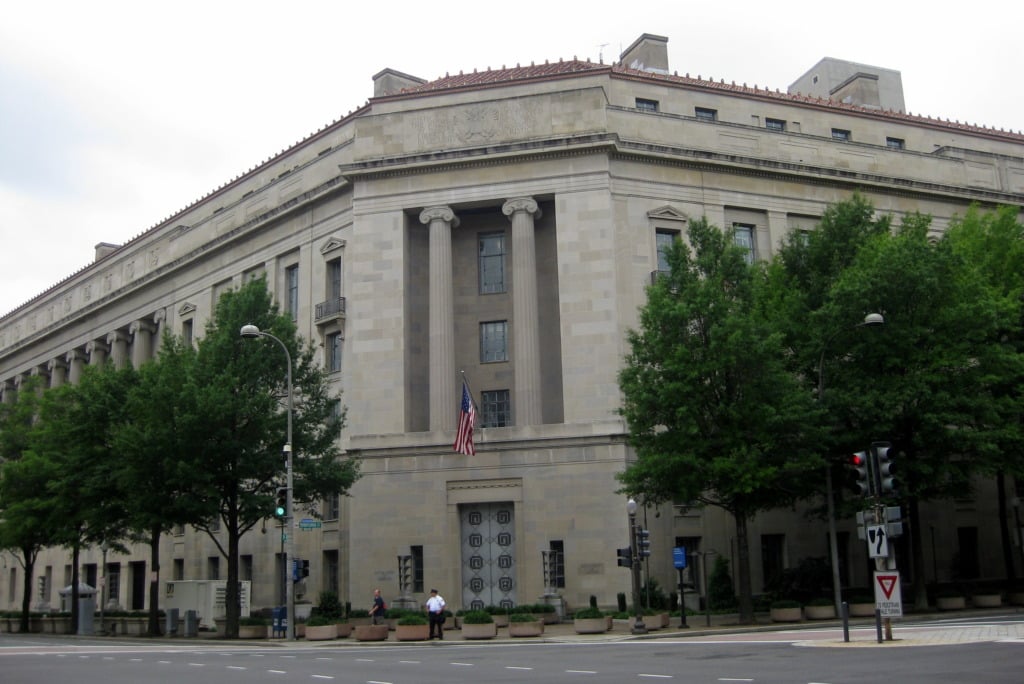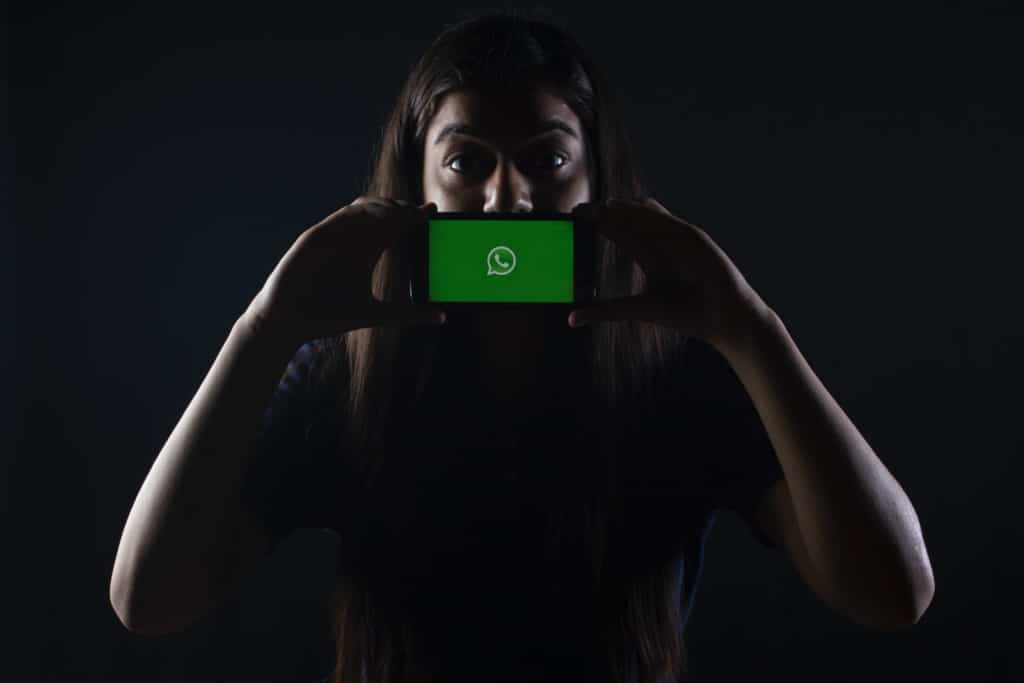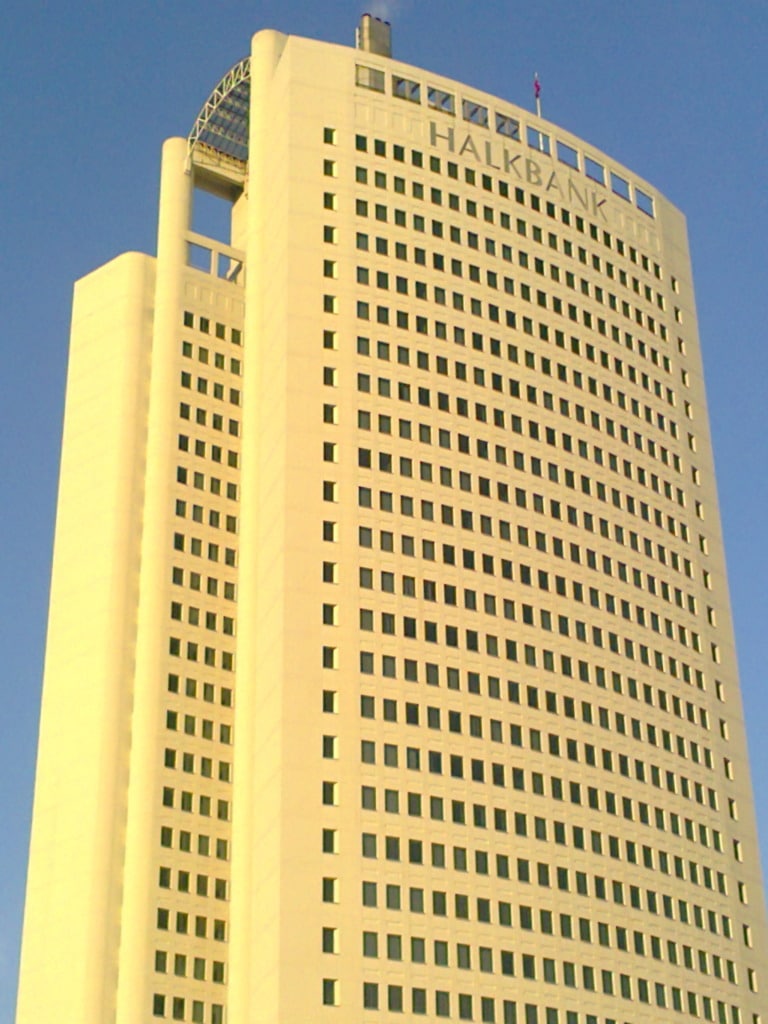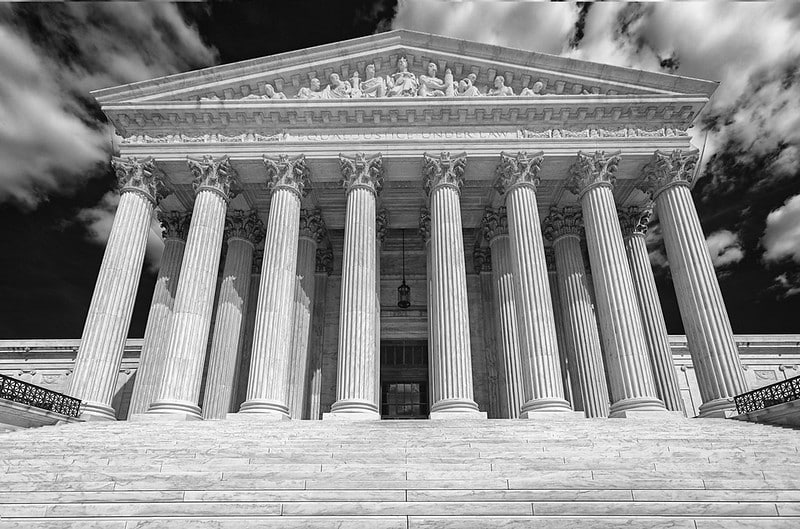Executive Control Versus “Deference” in Halkbank
On January 17, the Supreme Court heard oral argument in Turkiye Halk Bankasi A.S. v. United States(Halkbank) on whether the Foreign Sovereign Immunities Act (FSIA) applies to criminal prosecutions. One argument advanced by the government in Halkbank (and other immunity cases) is that the executive branch has absolute control over immunity determinations not governed by…
Continue ReadingSupreme Court Denies Cert in NSO v. WhatsApp
Today, the Supreme Court denied cert in NSO Group Technologies Ltd. v. WhatsApp Inc. The order lets stand a Ninth Circuit decision holding that entities that do not meet the Foreign Sovereign Immunities Act’s (FSIA) definition of an “agency or instrumentality” of a foreign state cannot claim immunity under federal common law. (Disclosure: I joined an amicus brief…
Continue ReadingResolving the Immunity Issues in Halkbank
The question now before the U.S. Supreme Court in Türkiye Halk Bankasi A.Ş., v. United States is whether a foreign state’s wholly-owned private bank is immune from criminal prosecution in U.S. courts. The issue is framed as one of statutory interpretation, since the Second Circuit affirmed District Judge Berman’s ruling that the 1976 Foreign Sovereign…
Continue ReadingThe FSIA “Two Step”—Venue in Enforcement Actions Against Foreign States
When a party holding a foreign judgment or arbitral award wants to enforce the judgment or award against assets in the United States, it normally brings an enforcement action in the jurisdiction where the assets are located. But when the judgment debtor is a foreign state, the venue provision of the Foreign Sovereign Immunities Act…
Continue ReadingThe Executive Does Not Control Common Law Immunity
A previously reported on TLB, the Supreme Court granted certiorari in Türkiye Halk Bankasi, A.S. v. United States, to decide whether a bank owned by Turkey is entitled to foreign state immunity from federal criminal prosecution. Halkbank was indicted for evading sanctions against Iran. Both lower courts denied immunity to Halkbank, reasoning in part that…
Continue ReadingSolicitor General Recommends Denial of Cert in NSO v. WhatsApp
On November 21, the Solicitor General (SG) filed a brief recommending that the Supreme Court deny cert in NSO Group Technologies Ltd. v. WhatsApp Inc. NSO, an Israeli company that makes surveillance technology, claims that it is entitled to immunity from suit under federal common law because it acted as the agent of foreign states….
Continue ReadingNew Scholarship on the FSIA
Vivian Grosswald Curran (University of Pittsburgh) has a draft article up on SSRN entitled Nazi Stolen Art: Uses and Misuses of the Foreign Sovereign Immunities Act. Many important FSIA cases have involved great works of art stolen by the Nazis including the Supreme Court’s 2003 decision in Altmann v. Republic of Austria concerning the ownership…
Continue ReadingThe Supreme Court Takes Up Sovereign Immunity from Criminal Prosecutions
On the first day of the October 2022 Term, the Supreme Court granted certiorari in Türkiye Halk Bankasi A.S. v. United States. The case, put simply, asks whether the U.S. government can bring criminal prosecutions against foreign companies owned by foreign sovereigns. The United States has charged Halkbank, in which Turkey’s sovereign wealth fund has…
Continue ReadingTransnational Litigation Anticipation: Previewing the Court’s Next Term
TLB recently recapped the Supreme Court’s transnational litigation cases from last Term. This post looks ahead to the upcoming Term, for which the Court has already granted certiorari in a personal jurisdiction case that may have implications for transnational litigation. TLB is also tracking several interesting petitions for certiorari in disputes involving the Foreign Sovereign…
Continue ReadingHow Congress Should Designate Russia a State Sponsor of Terrorism
Cross Posted at Just Security Appearing before the United Nations General Assembly late last week, Ukrainian President Volodymyr Zelenskyy renewed his call for the designation of Russia as a state sponsor of terrorism. Proponents of the designation argue that it would ratchet up sanctions–making it more difficult for Russia to continue the war against Ukraine–and…
Continue Reading





